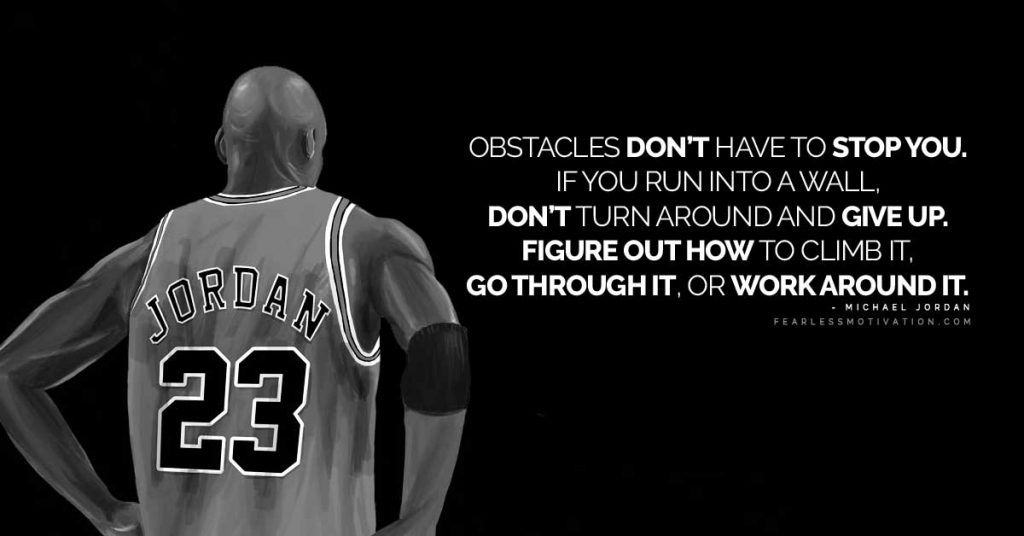Sports are not just physical activities; they are also mental games. The psychology of sports is the study of how the mind impacts athletic performance. Understanding the mental and emotional aspects of sports can help athletes and coaches improve their performance and achieve their goals. In this article, we’ll explore the psychology of sports and how it can impact athletic performance.
The role of motivation
Motivation is one of the most critical psychological factors in sports. Motivation can come from both internal and external sources, such as a desire to win, a love of the game, or a drive for recognition. Motivation can impact an athlete’s focus, effort, and persistence, which are critical factors in achieving success.
Motivation can also be influenced by the athlete’s mindset and self-talk. Positive self-talk and a growth mindset can help athletes stay motivated and focused on their goals, while negative self-talk and a fixed mindset can lead to self-doubt and a lack of motivation.

The impact of stress and anxiety
Stress and anxiety are common psychological factors in sports. Athletes often face high-pressure situations, such as competition or performance evaluation, which can lead to stress and anxiety. Stress and anxiety can impact an athlete’s performance, leading to decreased focus, confidence, and physical ability.
Sports psychology techniques, such as relaxation exercises and mindfulness meditation, can help athletes manage stress and anxiety. Coaches can also create a supportive and positive team culture to reduce stress and anxiety and improve athlete well-being.
The importance of confidence
Confidence is a critical psychological factor in sports. Confidence can impact an athlete’s focus, effort, and performance. Athletes who have high levels of confidence are more likely to take risks, perform at their best, and bounce back from setbacks.
Confidence can be influenced by past successes and failures, the athlete’s mindset and self-talk, and the coach’s feedback and support. Sports psychology techniques, such as visualization and positive self-talk, can help athletes build and maintain confidence.

The role of team dynamics
Team dynamics are another essential psychological factor in sports. Team dynamics can impact an athlete’s motivation, confidence, and performance. A supportive and positive team culture can lead to increased team cohesion, trust, and communication, which are critical factors in achieving team success.
Coaches can promote positive team dynamics by creating a supportive and inclusive team culture, setting clear expectations and goals, and providing feedback and support to each athlete. Athletes can also contribute to positive team dynamics by practising good communication, respect, and support for their teammates.
The impact of goal setting
Goal setting is a critical psychological factor in sports. Setting specific, measurable, and achievable goals can help athletes stay motivated, focused, and accountable. Goals can also help athletes monitor their progress and adjust their approach as needed.
Goal setting can be influenced by the athlete’s motivation, confidence, and mindset. Athletes who have a growth mindset and positive self-talk are more likely to set challenging and achievable goals. Coaches can also support goal setting by providing feedback, resources, and support to help athletes achieve their goals.

Closing thoughts on the psychology of sport
The psychology of sports is a critical aspect of athletic performance. Understanding the mental and emotional factors that impact performance can help athletes and coaches improve their skills, achieve their goals, and enhance their overall well-being. By focusing on motivation, stress management, confidence, team dynamics, and goal setting, athletes and coaches can optimize their mental approach to sports and achieve success on and off the field.
For even more content like this piece on the psychology of sports, head on over to our General section where you’ll find plenty of interesting reads.






Trackbacks/Pingbacks